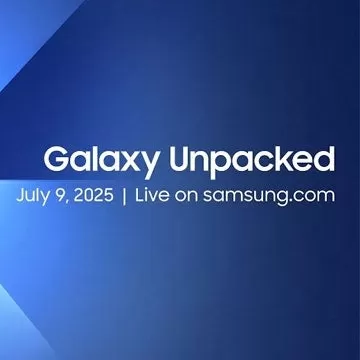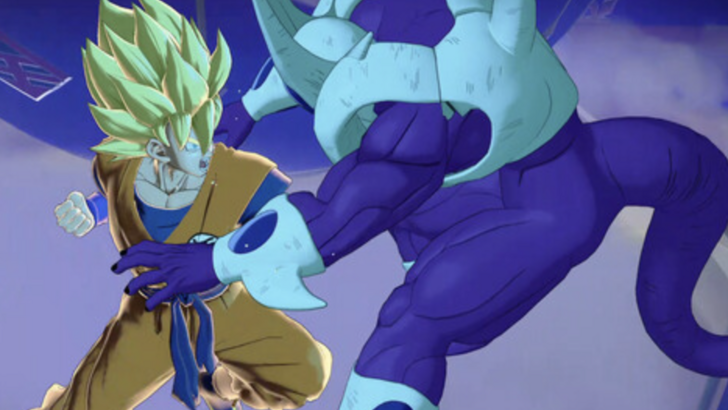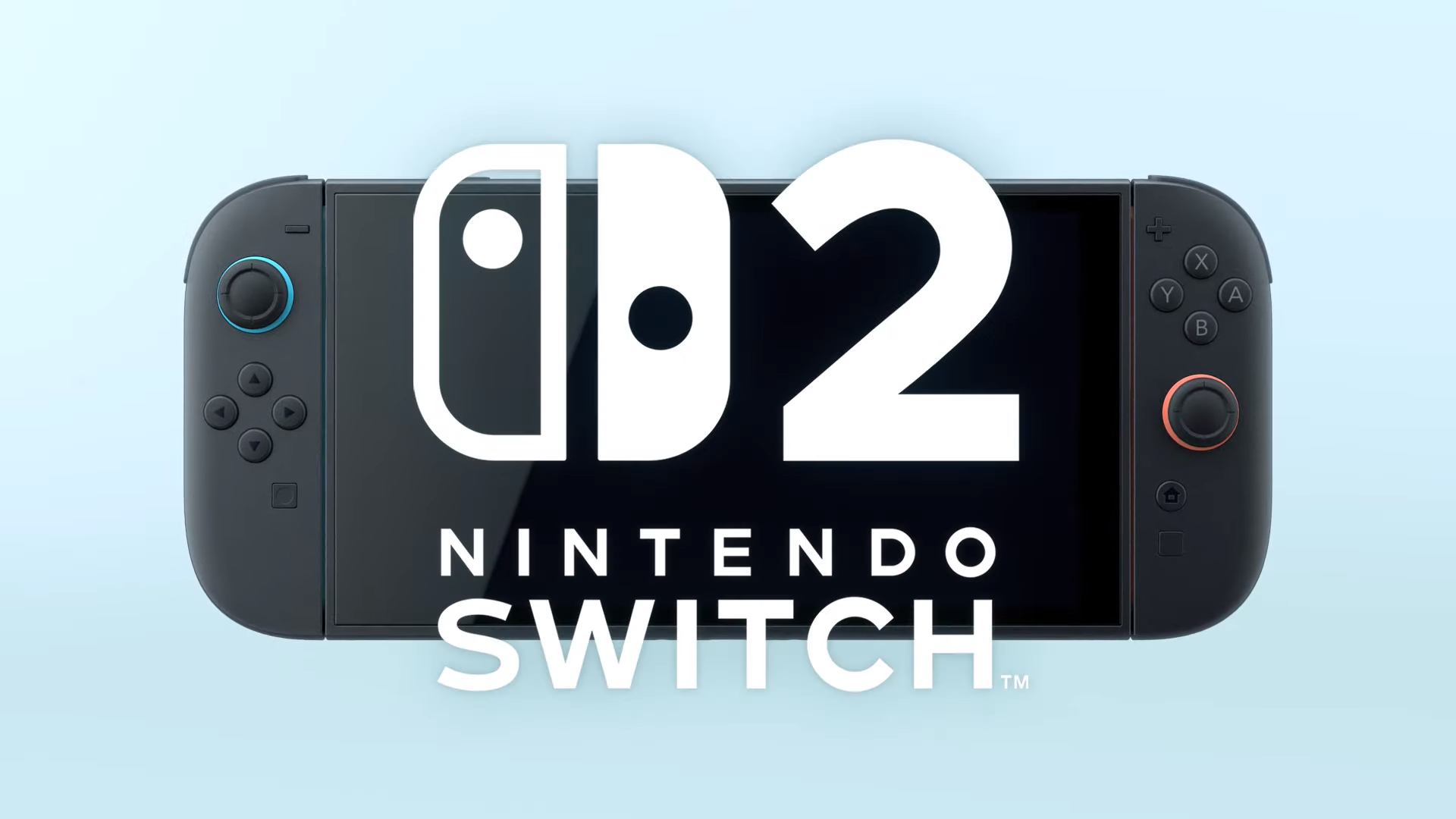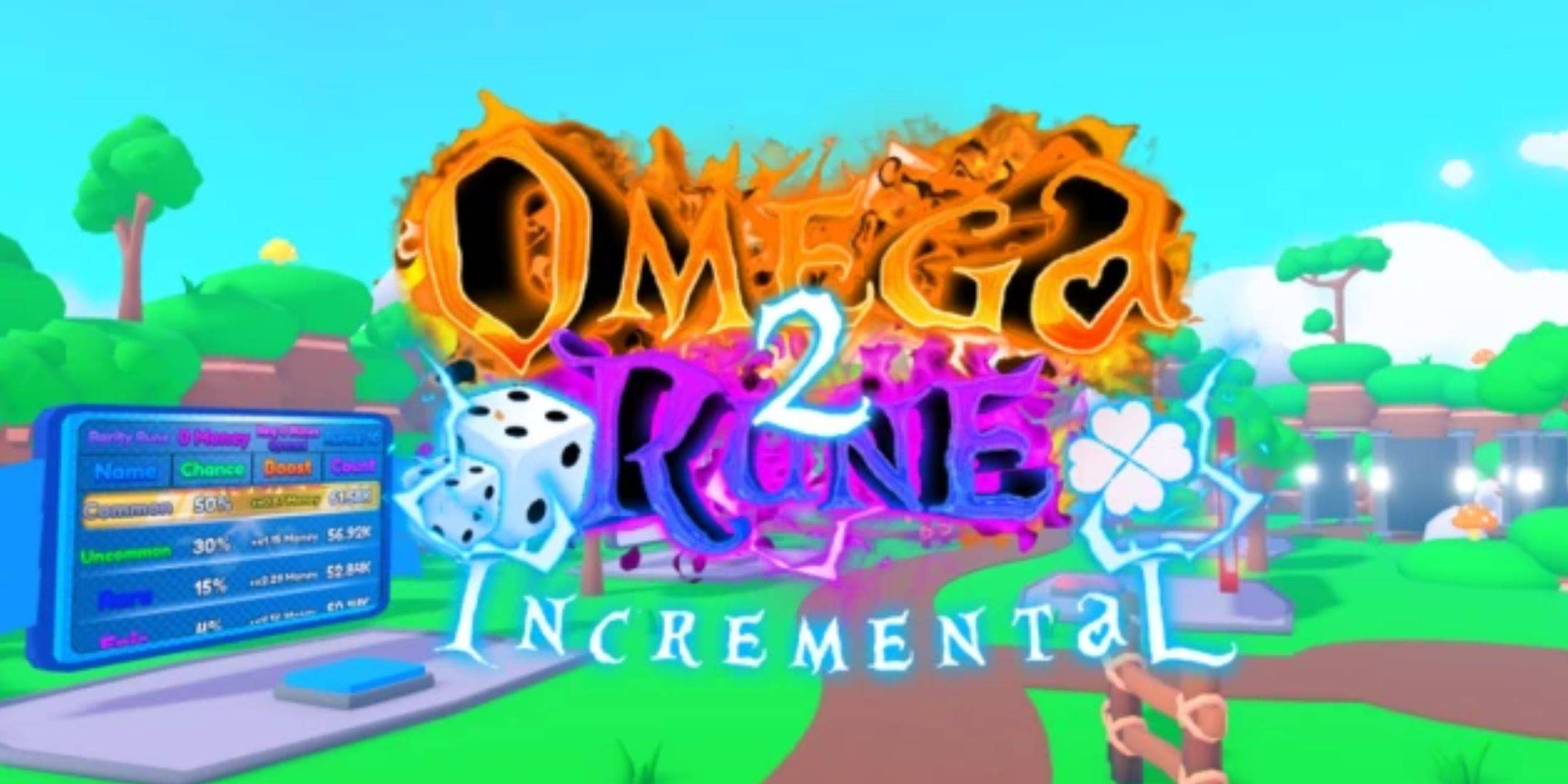Quake 2 AI Prototype by Microsoft Ignites Online Debate
- By Samuel
- Apr 22,2025
Microsoft has recently unveiled an interactive demo inspired by Quake II, utilizing their new AI systems, Muse and the World and Human Action Model (WHAM). This demo showcases the potential of AI to dynamically generate gameplay visuals and simulate player behavior in real-time, creating a semi-playable environment without the need for a traditional game engine. According to Microsoft, "In this real-time tech demo, Copilot dynamically generates gameplay sequences inspired by the classic game Quake II. Every input you make triggers the next AI-generated moment in the game, almost as if you were playing the original Quake II running on a traditional game engine."
However, the demo has received mixed reactions online. After Geoff Keighley shared a video of the demo on X / Twitter, many expressed skepticism and dissatisfaction. One Redditor lamented, "Man, I don't want the future of games to be AI-generated slop," expressing concerns about the potential loss of the human element in game development. Others criticized Microsoft's ambition to build a catalog of games using this AI model, questioning its current capabilities and the broader implications for the gaming industry.
Despite the criticism, some users saw potential in the demo. One commenter noted, "It's a demo for a reason. It shows future possibilities. Having an AI that is able to create a coherent and consistent world is crazy." They suggested that while the demo isn't playable in its current form, it could be useful in early concept or pitching phases and might lead to advancements in other AI fields.
Epic Games boss Tim Sweeney offered a succinct reaction, though his specific thoughts were not detailed beyond a tweet.
The debate surrounding this demo reflects broader concerns within the gaming and entertainment industries, which have been grappling with the role of generative AI amid significant layoffs. Ethical and rights issues, along with AI's challenges in creating engaging content, have fueled criticism. For example, Keywords Studios' attempt to create an AI-generated game failed, leading them to conclude that AI cannot replace human talent. Nevertheless, companies like Activision continue to explore AI's potential, as seen in their use of generative AI for assets in Call of Duty: Black Ops 6.
The conversation around AI in gaming is further complicated by incidents like the leak of an AI-generated Aloy video, which sparked discussions about the demands of striking voice actors. As the industry navigates these new technologies, the balance between innovation and maintaining the human touch remains a contentious and crucial issue.
Latest News
more >-

- Mastering Ako in Blue Archive: Build Guide
- Feb 20,2026
-

-

-

-
- Cardinals Watch Conclave Ahead of Key Event
- Feb 15,2026



